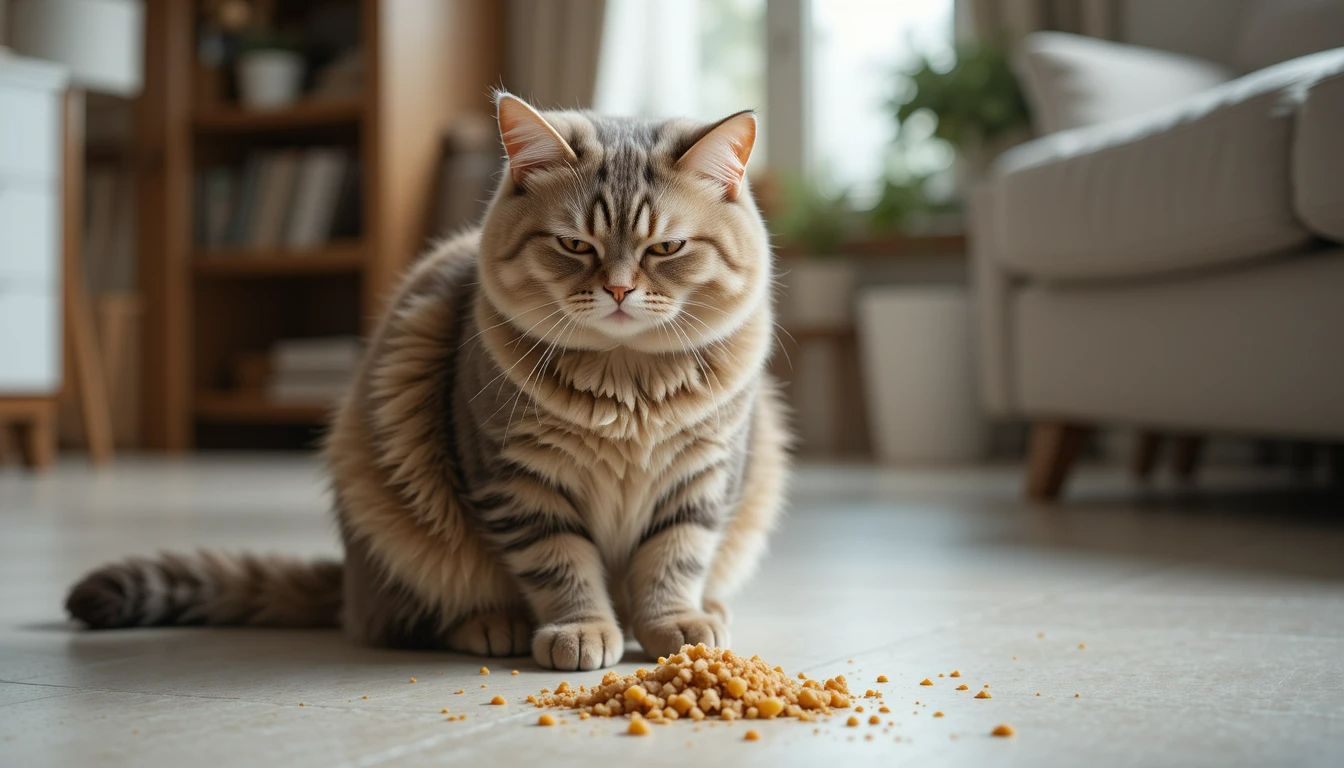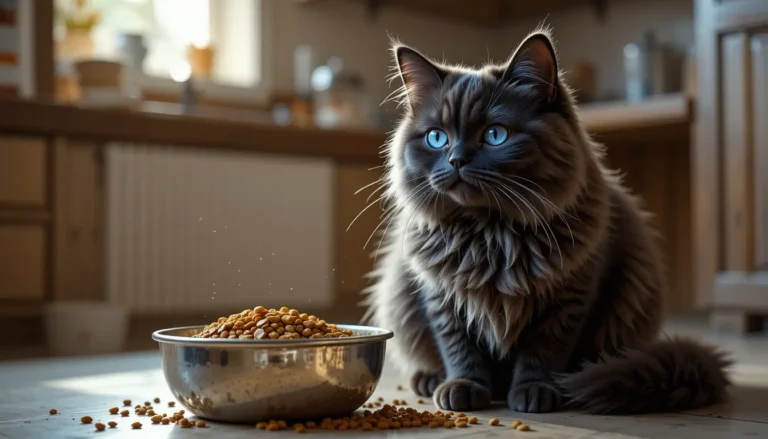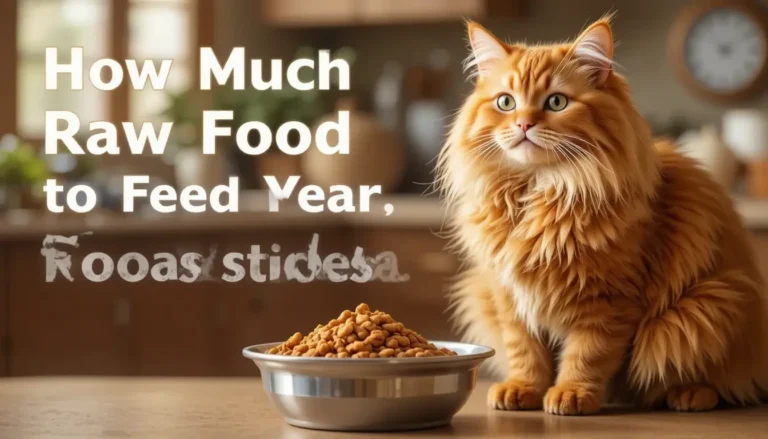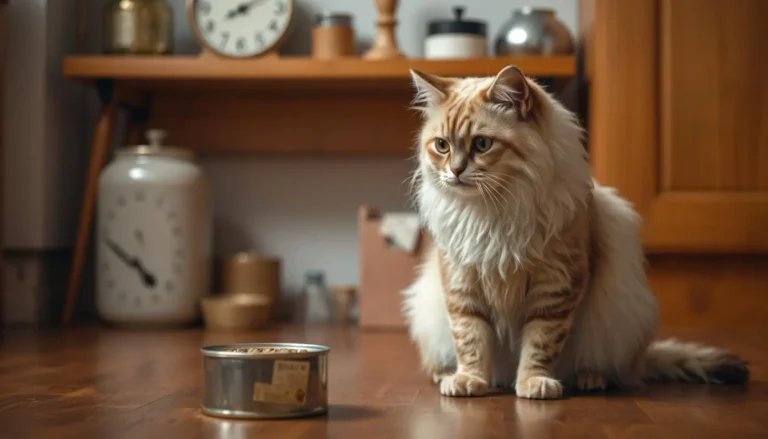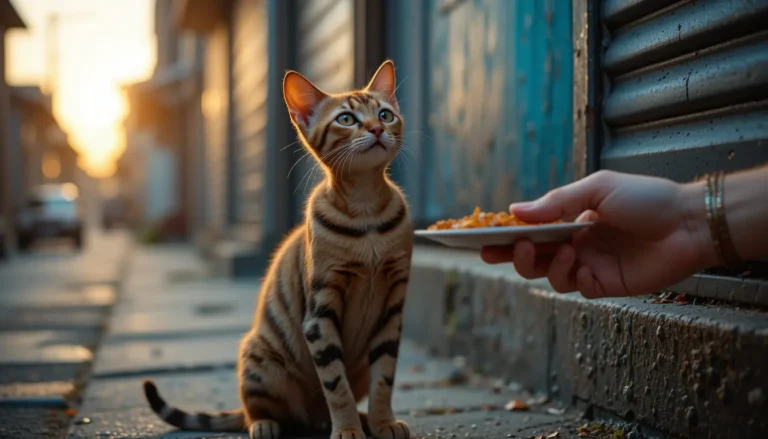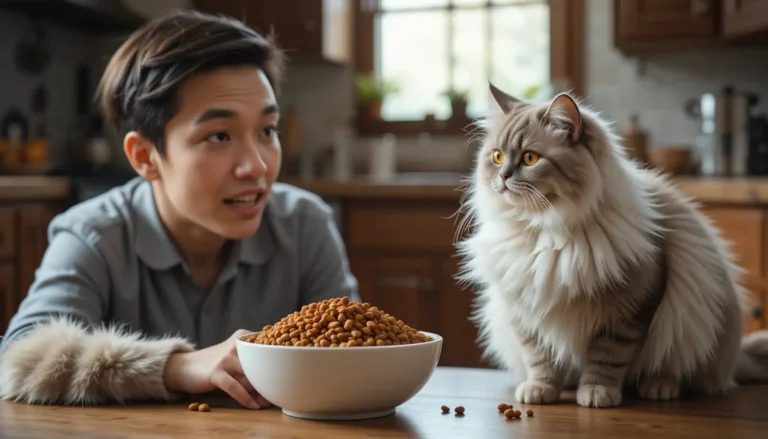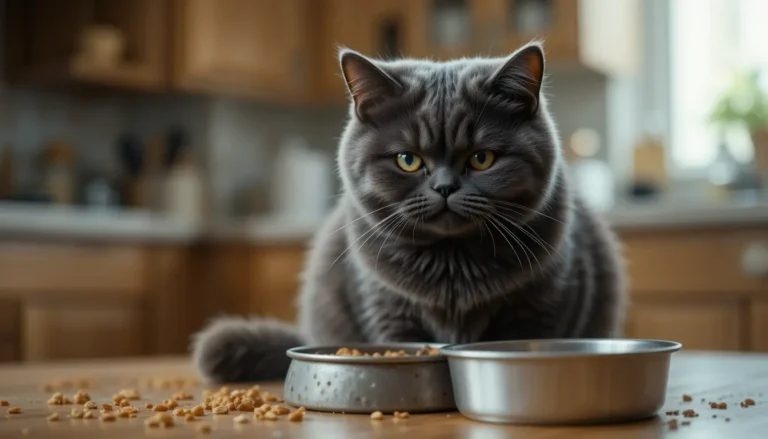Why Cat Vomit Food
There are few things more annoying than hearing that retching sound echoing through the hallway, only to find your cat’s dinner splattered on your new rug. Again. Ugh. If you’re googling “why cat vomit food”
So let’s get into the nitty-gritty and figure out why your cat is vomiting food.
When Cats Vomit Food: What’s Normal, What’s Not?
So first off cats do vomit every now and then. They’re not like dogs who might eat anything that looks remotely edible. But even the fanciest feline can toss their cookies occasionally.
Is It Vomiting or Regurgitation?
There’s a difference between vomiting are regurgitation:
- Vomiting involves active heaving, gagging, and usually some drama.
- Regurgitation is more passive like food just sort of plopping out without the whole performance.
Why Is My Cat Vomiting Undigested Food?
This question raises, that “Why is my cat vomiting undigested food?”
Let’s break down the reason behind it.
1. They’re Eating Too Fast
Some cats inhale their food like they’re in a speed-eating contest. And guess what? Their stomachs aren’t too happy about that.
Signs this might be the issue:
- Vomiting shortly after eating
- Whole kibble or chunks of wet food in the mess
- No other signs of illness
Fix it with:
- Puzzle feeders
- Slower-feeding bowls
- Spacing out meals into smaller portions
2. Sensitivities or Allergies
Cats can have food intolerances too. Sometimes the ingredients in commercial food don’t sit well with their sensitive little tummies.
Look out for:
- Vomiting a couple hours after eating
- Scratching, licking, or other allergy symptoms
- Diarrhea or weird poop
Try this for Remedy:
- Switch to a limited-ingredient or hypoallergenic food
- Ditch artificial additives or dyes (cats don’t need blue food dye, promise)
- Consult your vet for allergy testing if things don’t improve
3. Hairballs… With Extra Drama
Hairballs are the classic cat problem, but sometimes they come with a side of food vomit.
Here’s how it plays out:
- Cat swallows fur while grooming
- Fur builds up in the stomach
- Cat eats, triggers gag reflex
- Food and fur, all over your couch
Prevention tips:
- Regular brushing (especially for long-haired breeds)
- Hairball control food or treats
- Fiber supplements (ask your vet first)
Why Does My Cat Vomit After Eating Wet Food?
Here’s another common head-scratcher: “Why does my cat vomit after eating wet food?”
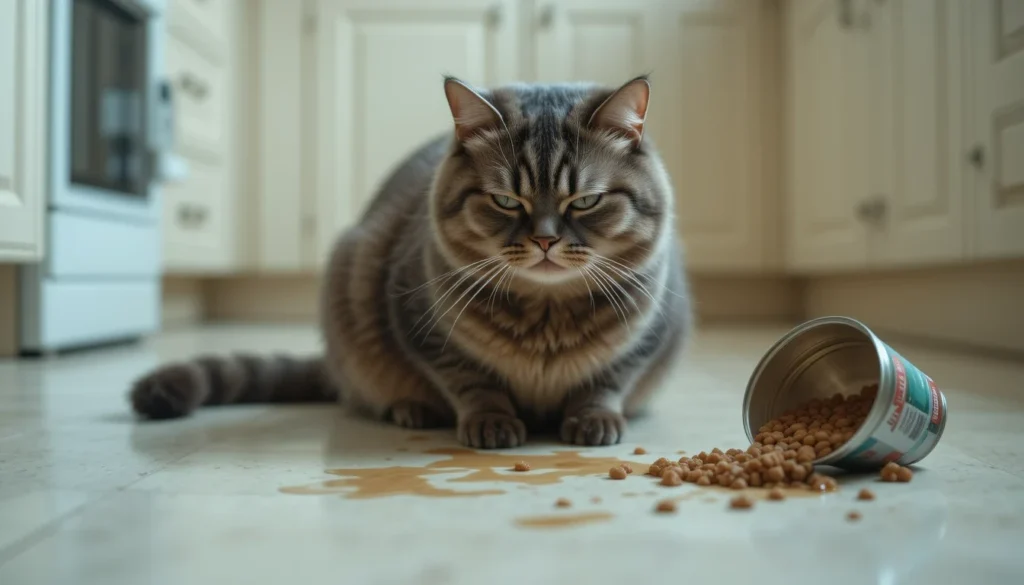
It’s All About Texture and Temperature
Believe it or not, cats can be picky about how their food feels and smells. Wet food that’s too cold or has a weird texture might trigger vomiting.
Pro tips:
- Serve wet food at room temperature
- Mix with a little warm water to soften chunks
- Try different textures: pâté, gravy, minced, etc.
Rich Ingredients Might Be the Culprit
Some wet foods are a little too rich or fatty for sensitive stomachs.
Look for:
- Foods with high-fat content
- “Gourmet” labels packed with heavy oils
- Vomiting that starts soon after eating
Solution?
Go for simple, easily digestible wet foods with real ingredients. The fewer weird chemicals and fillers, the better.
Other Causes of Cat Vomiting (That Aren’t About the Food Itself)
Alright, let’s say you’ve tried switching food, slowing them down, brushing them daily and they’re still vomiting food. Here’s the truth, sometimes it’s not the food, it’s something else entirely.
1. Gastrointestinal Issues
Things like inflammatory bowel disease (IBD) or even intestinal parasites can lead to vomiting.
If your cat:
- Vomits regularly, even when they haven’t just eaten
- Loses weight
- Acts lethargic or hides more than usual
2. Stress
Cats might seem calm and independent, but they actually get really upset when things change. Moving to a new house, getting a new pet, or even using a different kind of litter can make them feel stressed.
Stress can lead to:
- Vomiting
- Diarrhea
- Changes in appetite
Help your cat chill with:
- Safe, quiet hiding spots
- Pheromone diffusers (they work, IMO)
- Regular playtime to burn off nervous energy
When to Worry: The Red Flags
Not every vomit incident is an emergency, but some definitely are.
Call your vet if your cat:
- Vomits more than once a day for multiple days
- Vomits blood (yikes)
- Seems lethargic, weak, or unresponsive
- Has a bloated or painful belly
How to Prevent Your Cat From Vomiting Food
We’ve talked about causes now let’s chat prevention. Here are some go-to tips that have worked for me. Try these simple fixes:
- Use slow-feeder bowls: Makes scarf-and-barf harder to pull off.
- Feed smaller, more frequent meals: Big meals can be tough on little stomachs.
- Switch to gentle, limited-ingredient foods: Especially if your cat is sensitive.
- Groom your cat often: Less fur in the belly = fewer surprise messes.
- Keep stress low: Routine is your cat’s BFF.
Conclusion
If you’re wondering why your cat vomits food, there could be a bunch of reasons for eating too fast, food sensitivities, hairballs, or even something more serious. The key is paying attention to when and how it happens.” And, if your cat just barfed on your bed for the third time this week don’t just buy another scented candle and hope it stops. A little detective work (and maybe a vet visit) goes a long way FYI, resources like tayyibcats can really help too.”
And hey, don’t forget to bookmark this guide for later, especially if you’re part of the TayyabCates in Saudi Arabia and UAE.

